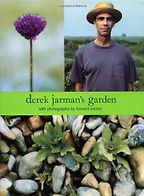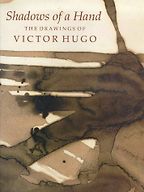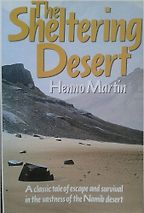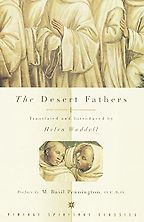Isolation books
Last updated: July 23, 2025
Human beings are hyper-social animals. Around the world people have become particularly aware of this over the last week or so as our lives have been shut down and our natural gregariousness curtailed. We are nearly all now stuck at home in various states of isolation, certainly unable to move freely internationally and in many cases, highly restricted in how we can move and associate with others at home. It could get worse. Here are some books on various aspects of isolation than may inspire you to get through the solitariness and even, possibly get something out of it. Books on benefiting from isolation, growing as a human being through isolation and what to do if you're just stuck with it.
Derek Jarman's Garden
by Derek Jarman
The film maker, Derek Jarman, ill with AIDS, retired to a remote cottage on the beach in Dungeness, Kent, where he created a beautiful garden in the shadow of the nearby nuclear power plant. Those confined to houses with gardens may find solace in gardening this spring. This will help to inspire you. Monty Don, one of the UK’s best known gardeners, described Jarman’s book to us as “the best gardening book ever written. It’s perfect.”
Shadows of a Hand
by and Georgel, Florian, Luc, Marie-Laure, Pierre, Prevost, Rodari & Sante
In the 1850s Victor Hugo went into exile in the (English) Channel Islands, after denouncing the coup d’etat of Napoleon III in 1852. While there he stopped writing for a time and devoted himself to drawing, often in experimental ways. This book contains the fruit of his labours, along with explanatory essays by leading art historians. As many of us are forced to put our day jobs on hold over the coming weeks and (possibly) months, this book could inspire you to take up a new hobby or resurrect at old one.
The Sheltering Desert
by Henno Martin
Henno Martin was a geologist, working in Namibia before World War II. In 1940 he and a companion, Hermann, spent two years living in the Namibian desert, all by themselves, in order to avoid being interned by the South Africans as Germans. This is the story of their experience. They stayed sane by mapping the desert and discussing Darwinian evolution. Martin writes of the experience: “For me the most important gain of our life in the Namibia was the experience that the human mind can rise above even the most savage conditions.”
Suicide
by Emile Durkheim
This is a seminal work by the founder of sociology. Durkheim explored how rates of suicide tended to increase as forces for social cohesion decreased. Societies that champion the pursuit of “infinite aspirations” and “egoism” increase suicide rates. Conversely, in societies where a premium is put on social solidarity, suicide rates tend to be low or to fall. Societies tend to exhibit lower suicide rates when they are at war, thanks to the social solidarity in engenders. There is much talk about whether the current health crisis is having a comparable effect and whether that will endure, or prove transformative. Will it?
“The Sinai desert is one of the most silent places in the world. Because the climate is very warm and dry, it isn’t easy to inhabit and consequently it is very quiet. It’s into this environment that the early Christians headed to experiment with what difference leading a silent life makes, and, specifically, what the effects of silence on prayer might be. What the desert travellers were up to is actually very similar in a way to what the Buddhists do: seeking inner peace and love of God. They were also seeking the meaning of kindness and hospitality – if anyone were to turn up in the desert then they would welcome them fondly. Their adventure is something Waddell describes with heartbreaking empathy.” Read more...
Sara Maitland, Novelist




